

Articles
How Much Does A Plumbing Business Owner Make
Modified: January 8, 2024
Discover the potential earnings for a plumbing business owner in this informative article. Find out how much a plumbing business owner can make and drive your career forward.
(Many of the links in this article redirect to a specific reviewed product. Your purchase of these products through affiliate links helps to generate commission for Storables.com, at no extra cost. Learn more)
Introduction
Starting and running a plumbing business can be a lucrative venture for individuals with the necessary skills and entrepreneurial spirit. As with any business, the ultimate goal is to generate a substantial income. However, determining how much a plumbing business owner makes can depend on various factors.
In this article, we will explore the factors that can affect a plumbing business owner’s income, examine the average salary range for plumbing business owners, discuss the earning potential in this industry, highlight additional sources of income, address the challenges and expenses associated with running a plumbing business, and provide tips for increasing income as a plumbing business owner.
Whether you are considering starting your own plumbing business or simply curious about the income potential in this field, read on to gain valuable insights into how much a plumbing business owner can expect to make.
Key Takeaways:
- Plumbing business owners can earn between $50,000 to $150,000 per year, but factors like experience, location, and services offered can significantly impact income. Strategic decisions and effective marketing can optimize earnings.
- Diversifying income sources, offering value-added services, and focusing on customer satisfaction are key strategies for plumbing business owners to increase their income. Balancing expenses and maximizing profitability is crucial for long-term success.
Factors Affecting Plumbing Business Owner’s Income
Several factors can influence the income of a plumbing business owner. Understanding these factors is crucial in determining how much money one can make in this industry.
1. Experience: The level of experience plays a significant role in a plumbing business owner’s income. Seasoned plumbers who have been in the industry for several years and have built a solid reputation are more likely to earn a higher income than those just starting.
2. Geographic location: The location of the plumbing business can greatly impact the income potential. Plumbing businesses in densely populated urban areas or regions with a higher cost of living tend to command higher rates, resulting in increased earnings for the business owner.
3. Skillset and specialization: Plumbing business owners who possess specialized skills or certifications, such as gas fitting or commercial plumbing, may have an advantage in terms of higher income. By offering niche services, these professionals can charge premium rates.
4. Reputation and customer base: The reputation of a plumbing business and its customer base can directly influence the income. Satisfied customers are more likely to refer the business to others, leading to increased clients and higher earnings.
5. Marketing and branding efforts: Successful marketing and branding strategies can attract more customers and result in higher income. Plumbing business owners who invest in effective marketing techniques, such as social media advertising or search engine optimization (SEO), can gain a competitive edge and generate more revenue.
6. Business expenses: The overhead expenses associated with running a plumbing business, such as equipment, insurance, licenses, and employee salaries, can impact the overall income. Managing and minimizing these expenses is crucial for maximizing profits.
7. Economic conditions: The overall economic conditions of a region can affect the demand for plumbing services. During economic downturns, homeowners and businesses may cut back on maintenance and repairs, which can impact the income of plumbing business owners.
By considering these factors and making strategic decisions, plumbing business owners can optimize their income potential and create a successful and profitable enterprise.
Average Salary Range for Plumbing Business Owners
Understanding the average salary range for plumbing business owners is essential for individuals considering entering or currently operating in this industry. While income can vary based on several factors, including location and experience, we can provide a general overview of what one can expect.
According to industry reports and data, the average salary range for plumbing business owners is typically between $50,000 to $150,000 per year. However, it is important to note that these figures can vary significantly depending on individual circumstances.
For example, plumbing business owners who have established a solid reputation, developed a strong customer base, and operate in high-demand areas may earn closer to the higher end of the salary range. On the other hand, those who are just starting or face competition in saturated markets might earn towards the lower end of the range.
It is worth mentioning that these figures represent the income before deducting business expenses. Plumbing business owners must factor in various costs, such as material expenses, equipment maintenance, insurance, licenses, and employee wages, which can significantly impact the net income.
Additionally, it is important to keep in mind that the income can fluctuate based on economic conditions, seasonal demand, and other external factors. Plumbing businesses often experience busy periods during certain times of the year, such as winter when frozen pipes are more common, which can contribute to higher earnings.
Ultimately, the income potential as a plumbing business owner is not solely dependent on a fixed salary. It is influenced by the ability to attract and maintain a steady flow of customers, deliver exceptional service, and effectively manage the business to maximize profitability.
By considering market conditions, implementing effective pricing strategies, and continuously improving skills and services, plumbing business owners can strive towards the higher end of the salary range and create a thriving and profitable business.
Earning Potential as a Plumbing Business Owner
As a plumbing business owner, the earning potential can be significant with the right strategies and approach. While the average salary range provides a general overview, it is essential to recognize the various ways to increase earnings and maximize profitability.
1. Scaling the business: By expanding the plumbing business and adding more employees, a business owner can increase the number of jobs that can be handled simultaneously. This allows for greater revenue generation and higher earning potential.
2. Diversifying services: Offering a diverse range of plumbing services can attract a wider customer base and increase revenue. In addition to traditional residential plumbing, consider branching into commercial plumbing, emergency services, or specialized areas such as eco-friendly plumbing installations.
3. Upselling and cross-selling: Take advantage of opportunities to upsell and cross-sell additional services or products to customers. For example, offering maintenance plans, water-efficient fixtures, or water quality testing can increase the average value of each job and boost overall income.
4. Building strong customer relationships: Focus on building long-term relationships with customers and providing exceptional customer service. Satisfied customers are more likely to become repeat clients and recommend the business to others, leading to a steady stream of income.
5. Effective pricing strategies: Carefully consider pricing strategies to ensure profitability. While it’s important to remain competitive, undervaluing services can result in lower earnings. Regularly review pricing to account for factors such as inflation, market demand, and overhead costs.
6. Embrace technology: Utilize technology to streamline operations, improve efficiency, and reach a wider audience. Online booking systems, customer management software, and digital marketing can all contribute to increased earnings.
7. Ongoing training and education: Stay updated with the latest innovations and techniques in the plumbing industry. Continuous learning allows for offering new and improved services, attracting higher-paying customers, and staying ahead of the competition.
8. Strategic marketing efforts: Invest in effective marketing strategies to increase visibility and attract new customers. Utilize online platforms, social media advertising, and local networking to generate leads and expand the customer base.
While the earning potential as a plumbing business owner is promising, it is important to balance income goals with maintaining a sustainable and reputable business. Focus on providing quality services, delivering exceptional customer experiences, and continually adapting to industry trends to achieve long-term success and financial stability.
A plumbing business owner’s income can vary based on factors like location, experience, and the size of the business. On average, they can make between $50,000 to $100,000 per year.
Additional Sources of Income for Plumbing Business Owners
While the core revenue of a plumbing business typically comes from providing plumbing services, there are additional avenues for generating income. Diversifying income streams can not only increase overall earnings but also provide stability during slower periods or unexpected economic fluctuations. Here are some additional sources of income for plumbing business owners to consider:
- Selling plumbing products: Many plumbing businesses sell plumbing products such as fixtures, pipes, and fittings. By establishing partnerships with suppliers or wholesalers, plumbing business owners can offer a selection of high-quality products to customers, adding an additional revenue stream.
- Offering maintenance plans: Maintenance plans can provide customers with regular plumbing inspections and routine maintenance services. These plans can be offered on a yearly or monthly subscription basis, ensuring recurring revenue for the business. In addition to generating consistent income, maintenance plans also foster customer loyalty and help establish long-term relationships.
- Water treatment services: Water treatment services, such as installing water filtration systems or water softeners, can be an additional source of income. With increasing awareness about water quality, many homeowners and businesses are willing to invest in improving the quality of their water supply. By offering water treatment services, plumbing business owners can cater to this demand and generate extra revenue.
- Remodeling and renovations: Many plumbing business owners have the skills and expertise to handle remodeling and renovation projects. By offering these services, such as bathroom or kitchen remodeling, plumbing business owners can tap into a different market and earn additional income.
- Contract work: Collaborating with general contractors or construction companies can provide opportunities for contract work. Plumbing business owners can bid for plumbing projects in new construction or renovation projects, contributing to a diversified income stream.
- Emergency plumbing services: Offering 24/7 emergency plumbing services can be a lucrative source of income. Plumbing emergencies can happen at any time, and customers are often willing to pay a premium for immediate assistance. By providing emergency services, plumbing business owners can earn higher rates for urgent plumbing repairs.
- Partnerships and affiliations: Building partnerships or affiliations with related businesses, such as HVAC companies or electricians, can lead to referrals and additional income. By cross-promoting services and referring customers to trusted partners, plumbing business owners can expand their reach and earn referral fees or commissions.
- Training and consulting: Established plumbing business owners with extensive experience can offer training and consulting services to aspiring plumbers or other businesses in the industry. Sharing knowledge and expertise through workshops or online courses can provide a supplementary income stream.
By exploring these additional sources of income, plumbing business owners can diversify their revenue streams, increase overall earnings, and offer a wider range of services to cater to various customer needs.
Read more: How Much Does A Plumbing Inspector Make
Challenges and Expenses in Running a Plumbing Business
Running a plumbing business comes with its own set of challenges and expenses that plumbing business owners need to navigate effectively. Understanding and managing these challenges and expenses is crucial for ensuring the success and profitability of the business. Here are some common challenges and expenses faced by plumbing business owners:
1. Competition: The plumbing industry can be highly competitive, particularly in densely populated areas. Standing out among competitors and attracting customers can be a challenge. Plumbing business owners need to develop effective marketing strategies, provide exceptional service, and differentiate themselves by focusing on specialized services or niche markets.
2. Seasonality: The demand for plumbing services can vary throughout the year. Certain seasons, such as winter when frozen pipes are more common, tend to be busier than others. Plumbing business owners need to anticipate and manage the fluctuations in demand, ensuring they have enough work during slower periods to maintain a stable income.
3. Licensing and certification: Obtaining the necessary licenses and certifications can be a significant expense for plumbing business owners. Compliance with local regulations and industry standards is essential, and staying up to date with licensing requirements adds to the expenses of running the business.
4. Equipment and tools: Plumbing requires a range of specialized equipment and tools, such as pipe cutters, wrenches, and cameras for inspections. Investing in quality equipment can be costly, and ongoing maintenance and replacement of equipment as needed add to the expenses.
5. Insurance and liability: Insurance coverage is vital for protecting the plumbing business against potential risks and liabilities. General liability insurance, workers’ compensation insurance, and commercial vehicle insurance are some of the common policies that plumbing business owners need to factor into their expenses.
6. Employee wages and benefits: If plumbing business owners have employees, wages and benefits form a significant part of their expenses. Payroll costs, including wages, taxes, and benefits such as healthcare and retirement plans, must be carefully managed to ensure they align with the profitability of the business.
7. Marketing and advertising: Effective marketing and advertising strategies are essential for promoting the plumbing business and attracting customers. Investing in online marketing, website development, print advertising, and other promotional activities all contribute to the overall expenses of running the business.
8. Overhead expenses: Rent, utilities, office supplies, and other overhead expenses can quickly add up for plumbing business owners. It is important to carefully track and manage these costs to ensure they are optimized and do not put undue pressure on the profitability of the business.
By being aware of these challenges and effectively managing the associated expenses, plumbing business owners can navigate the complexities of the industry and build a successful and sustainable business.
Tips for Increasing Income as a Plumbing Business Owner
As a plumbing business owner, there are several strategies you can implement to increase your income and grow your business. By focusing on these tips, you can maximize your earning potential and achieve long-term success. Here are some actionable tips to help you increase your income as a plumbing business owner:
1. Provide exceptional customer service: By prioritizing customer satisfaction, you can build a strong reputation and generate positive word-of-mouth referrals. Going above and beyond for your customers and consistently delivering high-quality service will not only increase customer loyalty but also attract new clients.
2. Offer value-added services: Consider expanding your range of services by offering value-added options. This could include maintenance plans, energy-efficient solutions, or specialized services such as backflow prevention or sewer line inspections. By diversifying your services, you can attract a wider customer base and increase your earning potential.
3. Focus on marketing and branding: Invest in strategic marketing efforts to boost your visibility and target your ideal customer base. Utilize online platforms, such as social media and search engine optimization, to reach a wider audience and generate leads. Developing a strong brand identity will help you stand out from competitors and position yourself as a trusted professional in the industry.
4. Implement effective pricing strategies: Regularly review and adjust your pricing to ensure it aligns with industry standards and covers your expenses. Consider offering bundled services or discounts for larger projects to encourage more bookings. Be mindful of striking a balance between competitive pricing and maintaining profitability.
5. Focus on efficiency and productivity: Streamline your operations and optimize your workflow to maximize efficiency. This will allow you to complete jobs more quickly and take on more projects, ultimately increasing your overall income. Invest in technology and tools that can help automate tasks and improve productivity.
6. Build and nurture relationships: Networking within the industry and developing partnerships with other related businesses, such as general contractors or real estate agents, can lead to a consistent stream of referrals. Building a network of trusted professionals who can recommend your services will help expand your customer base and increase your income.
7. Continuously update your skills and knowledge: Stay current with industry trends, regulations, and advancements by attending workshops, seminars, and training programs. By continuously updating your skills, you can offer new services and position yourself as an expert in your field, which can result in higher-paying projects and a competitive edge.
8. Encourage online reviews and testimonials: Positive online reviews and testimonials can greatly influence potential customers’ decision-making process. Encourage satisfied customers to leave reviews on platforms such as Google My Business, Yelp, or your website. These reviews will help build trust and credibility, leading to increased business opportunities.
By implementing these tips, you can elevate your plumbing business and increase your income potential. Remember to always prioritize customer satisfaction, stay ahead of industry trends, and continuously seek ways to improve your services. With dedication and strategic planning, you can achieve long-term success and financial growth as a plumbing business owner.
Conclusion
Running a plumbing business can be a rewarding and profitable endeavor for those with the necessary skills and determination. While the income potential can vary based on various factors, such as experience, location, and market conditions, there are strategies that plumbing business owners can employ to increase their earnings.
By providing exceptional customer service, diversifying service offerings, and implementing effective marketing strategies, plumbing business owners can attract more clients and generate higher revenue. Additional sources of income, such as selling plumbing products, offering maintenance plans, and providing water treatment services, can also contribute to overall earnings.
However, it is important to consider the challenges and expenses associated with running a plumbing business. Competition, seasonality, licensing requirements, equipment costs, and overhead expenses are all factors that need to be carefully managed to ensure profitability.
To increase income as a plumbing business owner, it is essential to focus on efficient operations, continuous skill development, building strong relationships, and implementing effective pricing strategies. By adapting to industry trends, staying current with regulations, and maintaining a strong brand presence, plumbing business owners can gain a competitive edge and attract a steady flow of customers.
Ultimately, running a successful plumbing business requires a blend of technical expertise, business acumen, and customer-centric approach. By consistently delivering quality service, nurturing customer relationships, and seeking opportunities for growth, plumbing business owners can establish a thriving and profitable enterprise in the dynamic plumbing industry.
In conclusion, by strategically navigating the factors that influence income, managing expenses, and capitalizing on various income sources, plumbing business owners can increase their earning potential and build a successful and fulfilling career in the plumbing industry.
Frequently Asked Questions about How Much Does A Plumbing Business Owner Make
Was this page helpful?
At Storables.com, we guarantee accurate and reliable information. Our content, validated by Expert Board Contributors, is crafted following stringent Editorial Policies. We're committed to providing you with well-researched, expert-backed insights for all your informational needs.



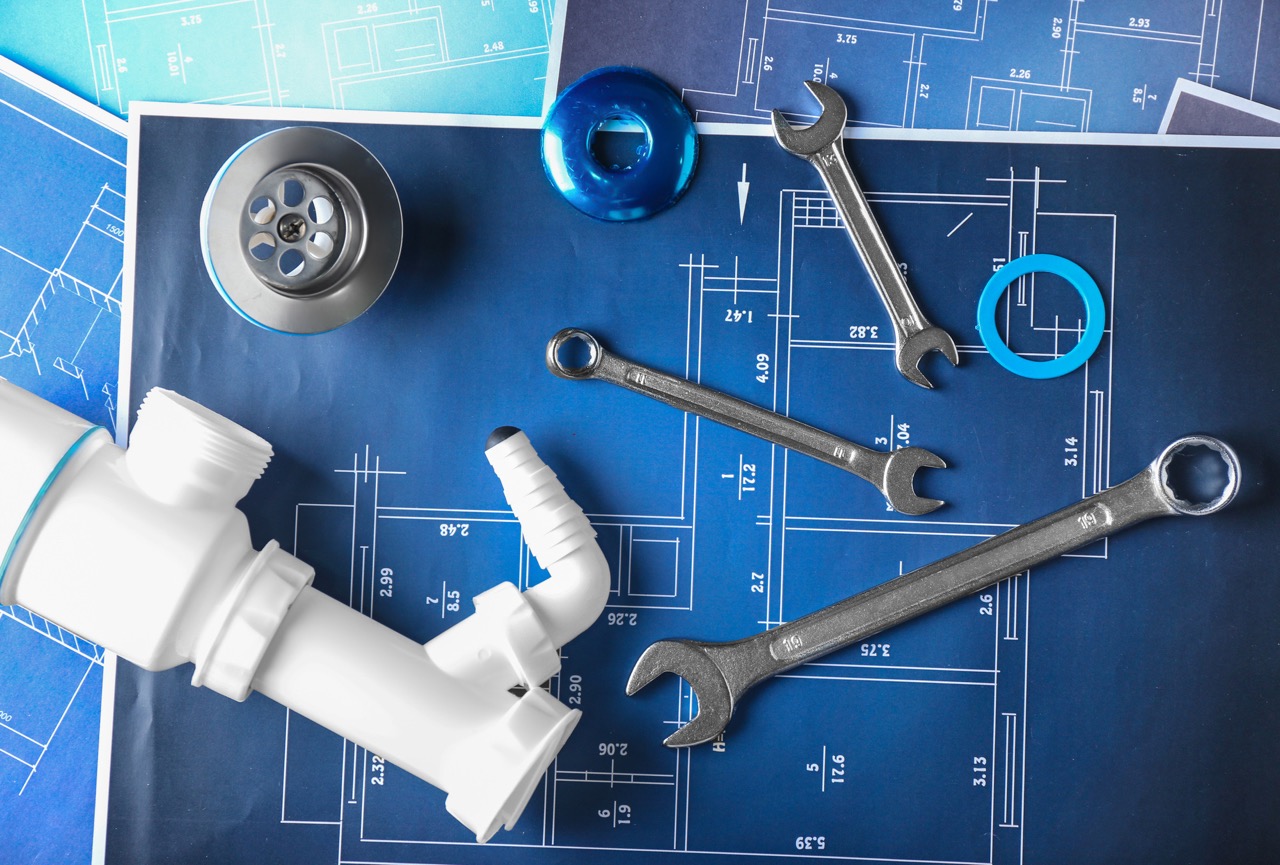
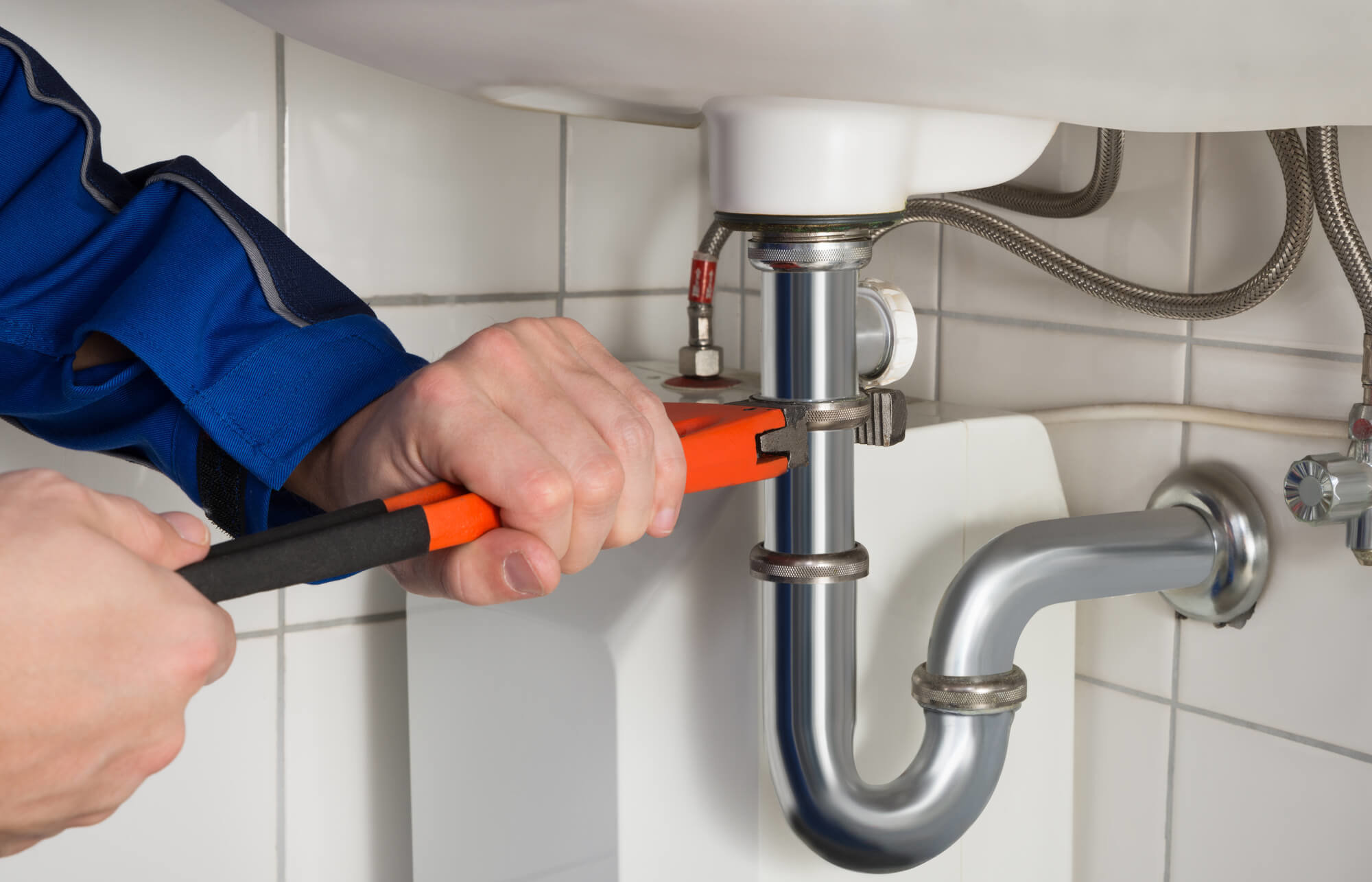
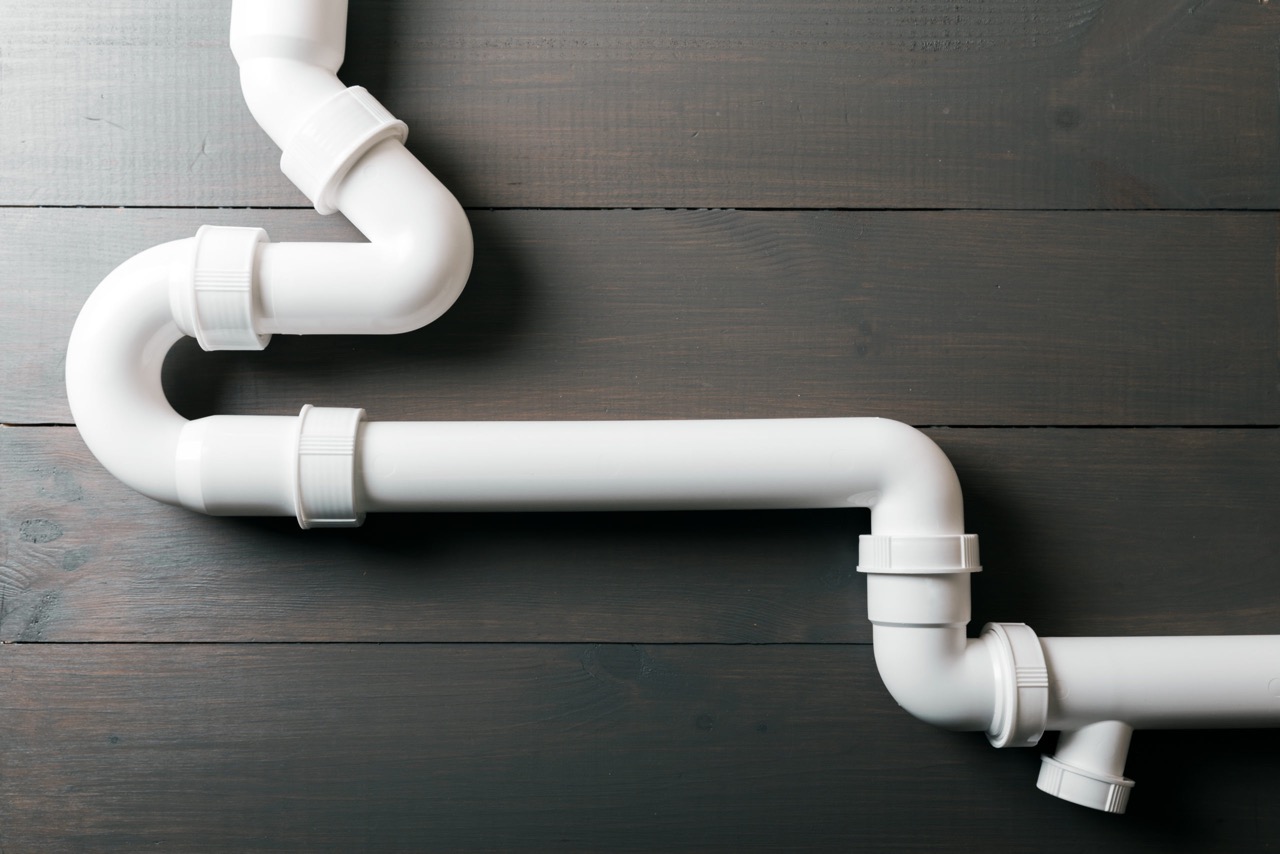

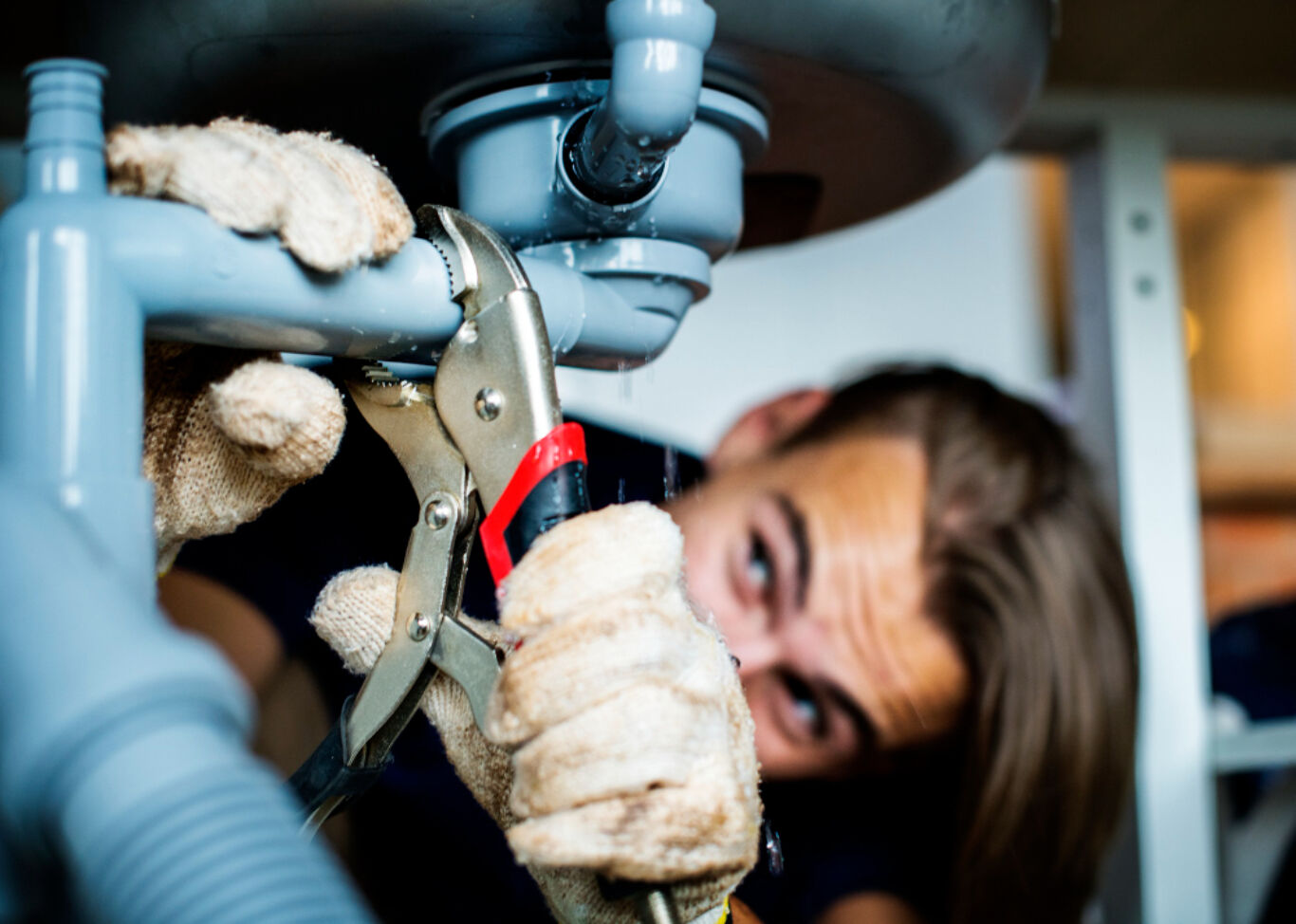



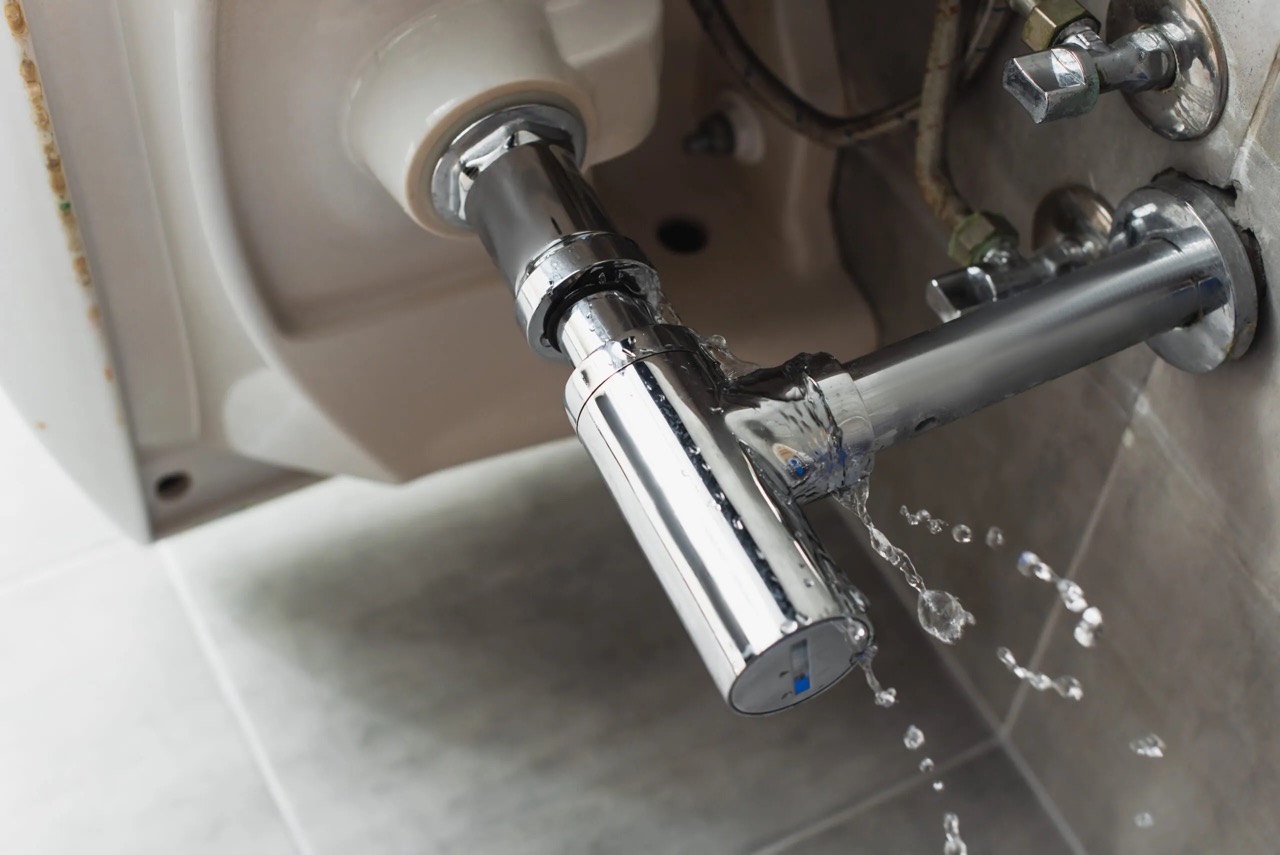
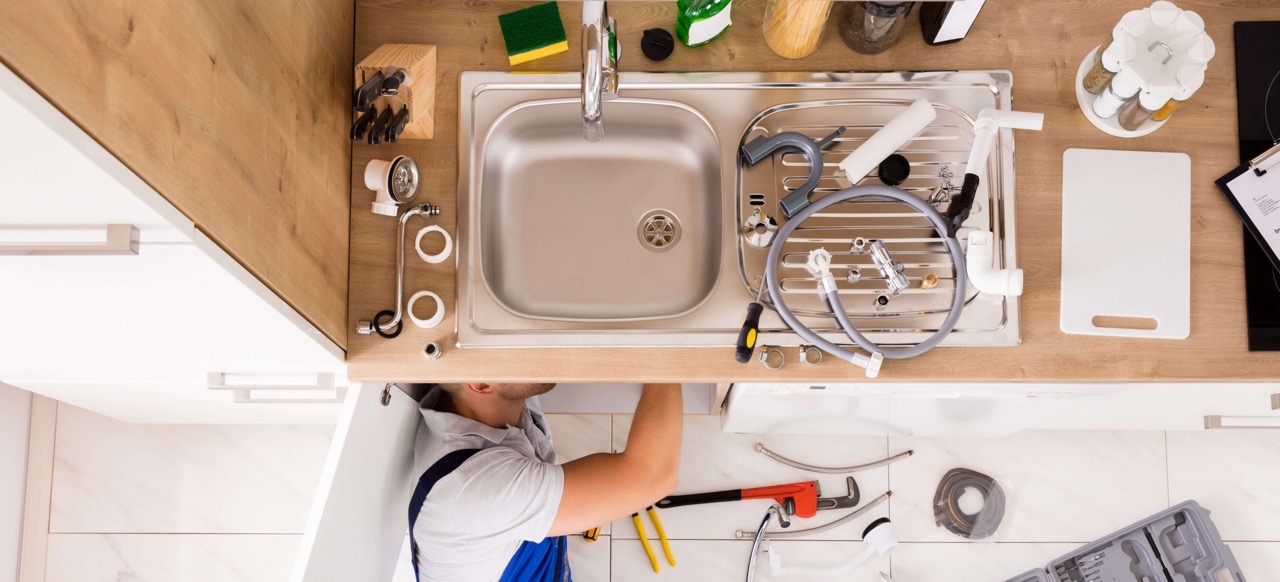


0 thoughts on “How Much Does A Plumbing Business Owner Make”